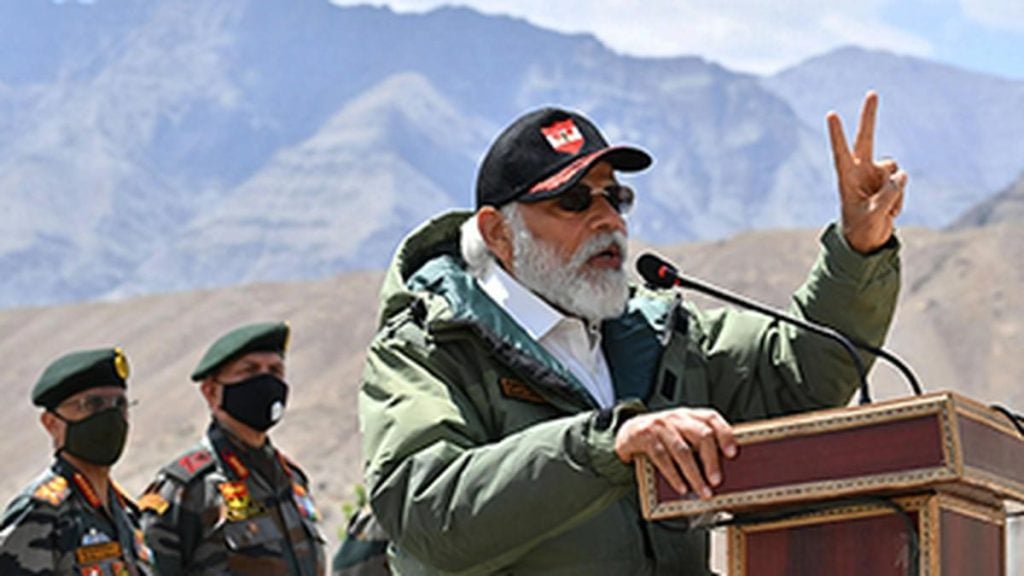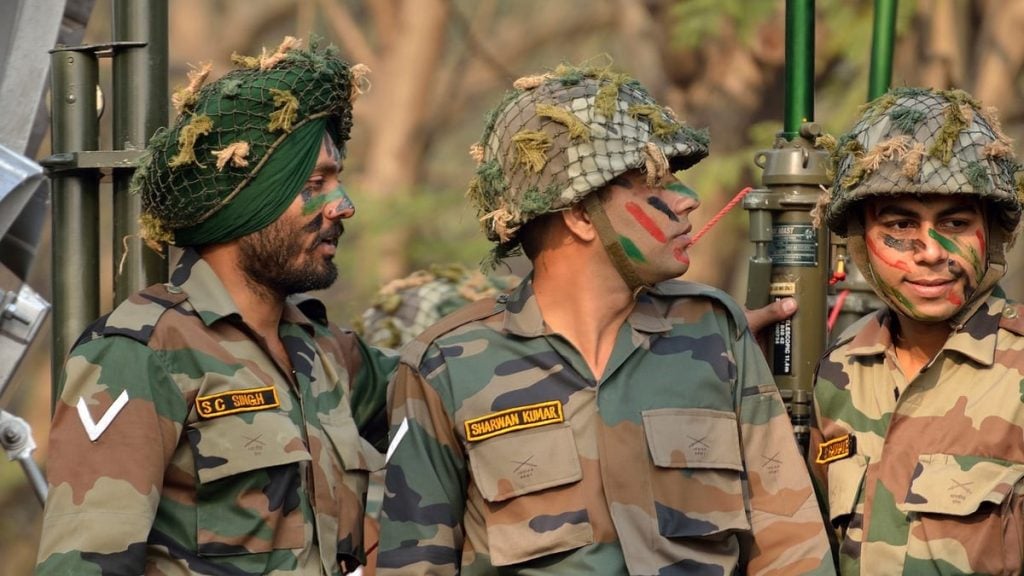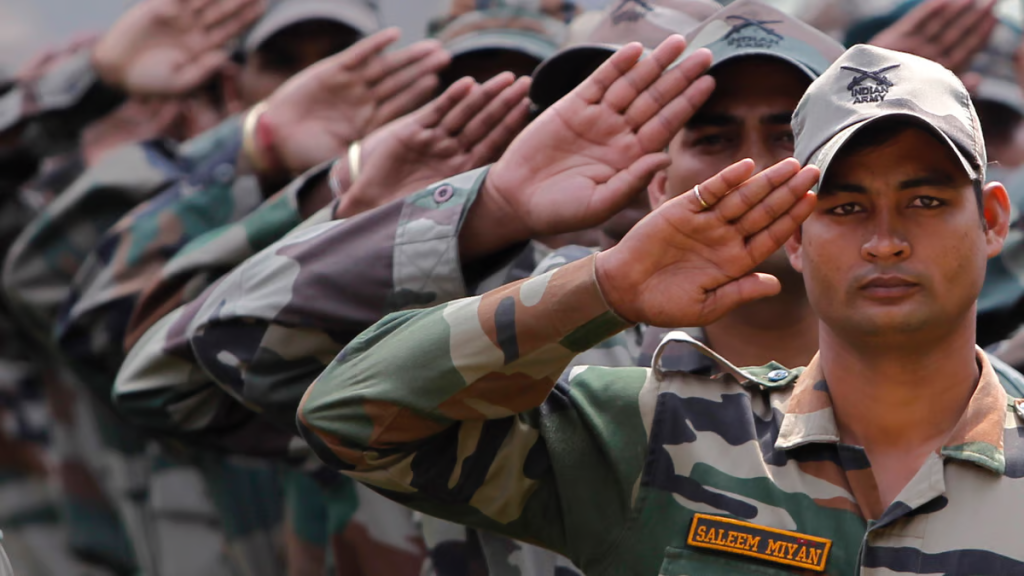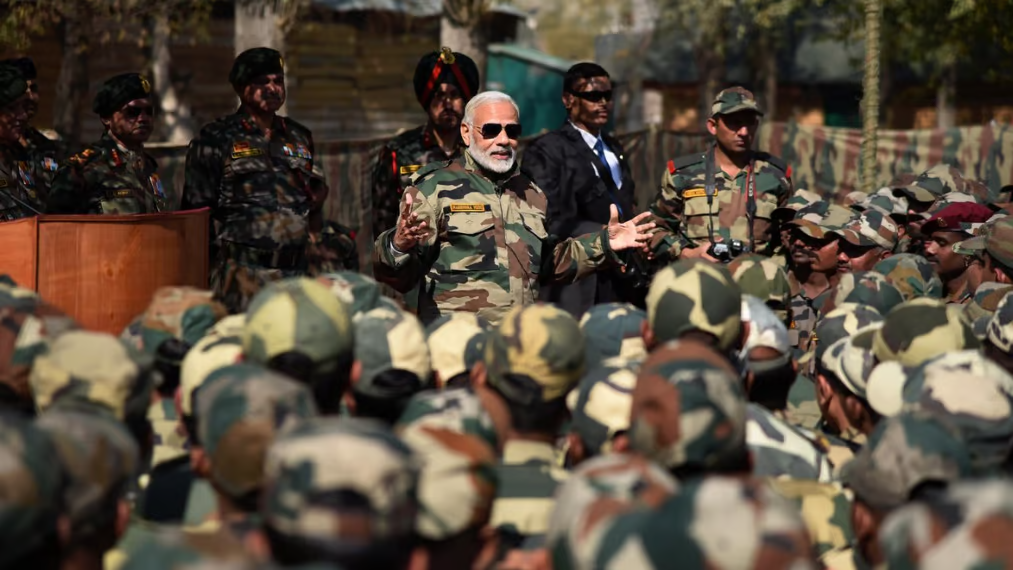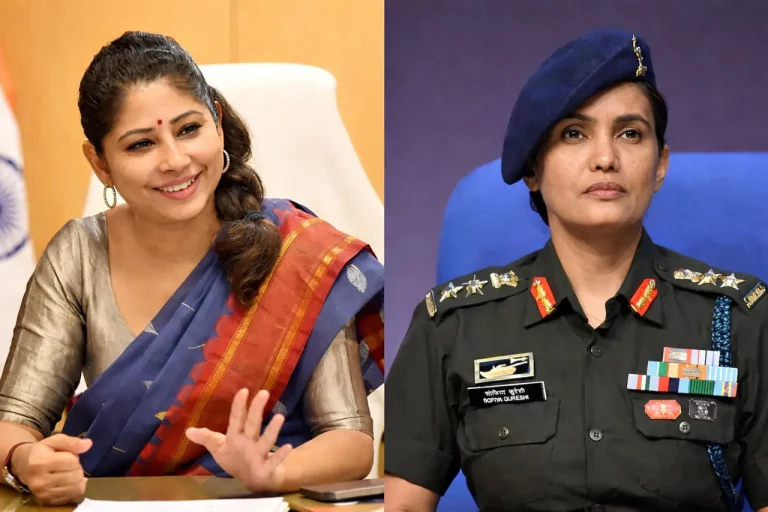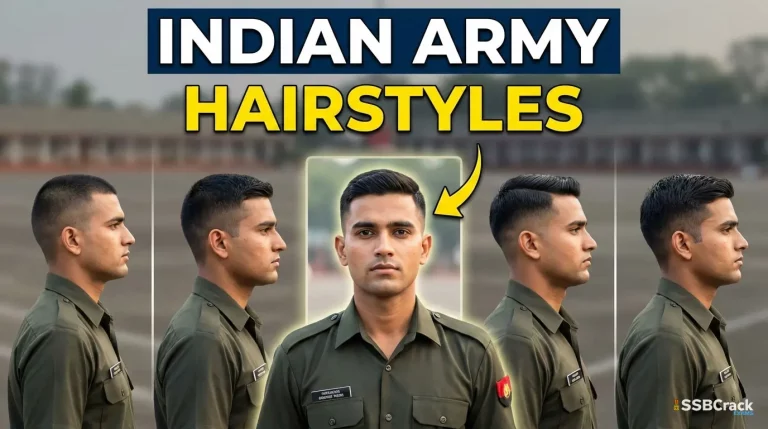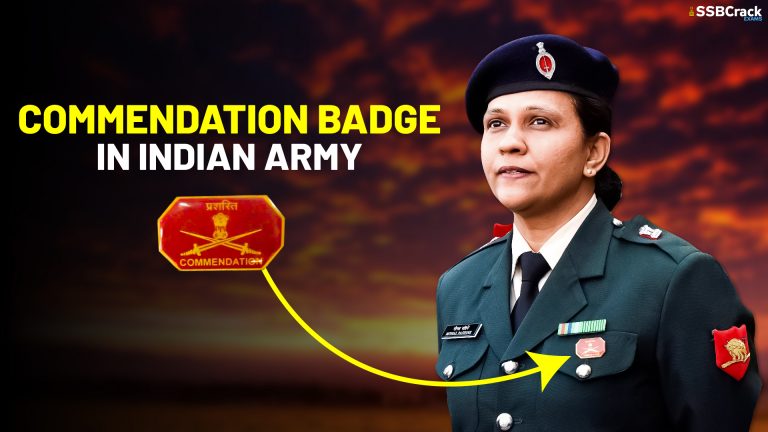The One Rank One Pension (OROP) scheme is a significant initiative that aims to provide equitable pension benefits to veterans of the Indian Armed Forces. This policy has been a subject of considerable discussion and has had a profound impact on the lives of countless ex-servicemen and their families.
In this article, we will delve into the essential details surrounding OROP, including its benefits, eligibility criteria, updates, and how it has transformed the pension landscape for military personnel in India.
The One Rank One Pension scheme was introduced to address disparities in pension payments for armed forces personnel who retired at the same rank but at different times. The essence of OROP lies in ensuring that all veterans of the same rank receive the same pension, irrespective of when they retired. This initiative aims to acknowledge the sacrifices made by service members and provide them with financial stability post-retirement.
Also Read | How to Become Aide-de-Camp (ADC) to President of India?
Historical Context
The demand for OROP has been longstanding, with veterans advocating for a fair pension system for decades. Prior to the implementation of OROP, pensions varied significantly based on the date of retirement, creating inequalities among veterans. The government recognized the need for reform and introduced OROP as a means to rectify these discrepancies.
Implementation Timeline
The OROP scheme was officially announced by the Government of India in 2015. Since its inception, there have been several phases of implementation, each aimed at enhancing the benefits provided to veterans. The ongoing adjustments to the scheme demonstrate the government’s commitment to addressing the evolving needs of ex-servicemen.
Key Benefits of OROP
The One Rank One Pension scheme offers a multitude of advantages for veterans and their families. Understanding these benefits is crucial for those who may be eligible for this scheme.
Financial Security
One of the most significant benefits of OROP is the financial security it provides to veterans. By ensuring that all personnel of the same rank receive equal pensions, OROP helps to close the financial gap that existed before its implementation. This financial support is particularly vital for veterans who may face challenges in securing employment after retirement.
Enhanced Pension Amounts
With OROP, many veterans have seen an increase in their pension amounts. The scheme not only standardizes pensions but also revises them periodically to account for inflation and changes in living costs. This ensures that veterans can maintain a reasonable standard of living.
Support for Families
OROP extends its benefits to the families of deceased service members as well. The scheme provides family pensioners with financial support, helping them navigate the challenges that arise after the loss of a loved one. This aspect of OROP underscores the government’s recognition of the sacrifices made by service personnel and their families.
Strengthening Bonds with the Government
The introduction of OROP has fostered a stronger relationship between the Indian government and its military veterans. By addressing the concerns of ex-servicemen and providing them with financial support, the government demonstrates its commitment to those who have served the nation.
Eligibility Criteria for OROP
Understanding who qualifies for the OROP scheme is essential for veterans and their families. The eligibility criteria are designed to ensure that the benefits reach those who have dedicated their lives to serving the country.
Who Can Apply?
The OROP scheme is primarily aimed at retired personnel from the Indian Armed Forces, including:
- Commissioned Officers
- Honorary Commissioned Officers
- Junior Commissioned Officers (JCOs)
- Other Ranks (ORs)
- Family pensioners of deceased service personnel
Service Duration
To be eligible for OROP, applicants must have completed the minimum service duration required for their respective ranks. This ensures that those who have served the nation for a substantial period are recognized and rewarded accordingly.
Application Process
Veterans can apply for OROP through designated channels, typically involving the submission of relevant documentation to the concerned authorities. It is essential for applicants to be aware of the necessary paperwork and procedures to ensure a smooth application process.
Recent Updates on OROP
The One Rank One Pension scheme is not static; it has undergone various updates to enhance its effectiveness and reach. Staying informed about these changes is crucial for veterans and their families.
Recent Amendments
In July 2024, significant revisions to the OROP scheme were announced by the Ministry of Defence. These changes aimed to expand the benefits to a broader range of beneficiaries, including:
- Commissioned officers
- Honorary commissioned officers
- Junior commissioned officers and other ranks
- Family pensioners of deceased service personnel
- Personnel from the Defence Security Corps and Territorial Army
- Veterans from Ex-State Forces
Financial Implications
The amendments are expected to have a substantial financial impact, with the average annual expenditure on OROP projected to reach around ₹12,000 crores. This investment reflects the government’s commitment to supporting its veterans.
Future Prospects
As the needs of veterans continue to evolve, the OROP scheme may see further adjustments in the future. The government remains open to feedback from veterans and their families to ensure that the scheme remains relevant and beneficial.
Also Read | 5 Top Defence Exams You Can Take After 12th
The Impact of OROP on Veterans and Their Families
The implementation of OROP has had a transformative effect on the lives of veterans and their families. Understanding this impact can provide insight into the significance of the scheme.
Improved Quality of Life
Many veterans have reported an enhanced quality of life due to the financial stability provided by OROP. With increased pension amounts, veterans can afford better healthcare, housing, and other essential services, leading to an overall improvement in their well-being.
Strengthened Community
OROP has also fostered a sense of community among veterans. With a shared experience of service and the benefits of the scheme, many veterans have come together to support one another, creating networks that promote camaraderie and mutual assistance.
Recognition of Sacrifices
The introduction of OROP serves as a recognition of the sacrifices made by service members. By providing equitable pension benefits, the government acknowledges the dedication and commitment of veterans to the nation, reinforcing their sense of pride and dignity.
Challenges and Criticisms of OROP
While the OROP scheme has been largely beneficial, it has not been without its challenges and criticisms. Understanding these aspects is essential for a comprehensive view of the initiative.
Implementation Hurdles
The rollout of OROP faced several implementation challenges, including delays in the disbursement of funds and discrepancies in pension calculations. These issues have led to frustrations among veterans who expected timely and accurate payments.
Ongoing Advocacy
Despite the progress made, some veterans continue to advocate for further improvements to the OROP scheme. Issues such as the need for periodic reviews and adjustments to pension amounts remain points of contention, highlighting the importance of ongoing dialogue between veterans and the government.
Need for Awareness
Many veterans are still unaware of the full benefits of the OROP scheme or how to navigate the application process. Increased awareness initiatives are essential to ensure that all eligible personnel can access the support they deserve.
The Future of OROP: What Lies Ahead?
As we look to the future, it is essential to consider the potential developments in the One Rank One Pension scheme. The government’s commitment to addressing the needs of veterans will play a crucial role in shaping the trajectory of OROP.
Potential Revisions
There may be further revisions to the OROP scheme in response to changing economic conditions and the evolving needs of veterans. The government has expressed a willingness to adapt the scheme to ensure it remains relevant and effective.
Continuous Engagement
Ongoing engagement with veterans and their families will be vital in identifying areas for improvement. Feedback from the veteran community can help inform future decisions and ensure that the scheme continues to meet their needs.
Strengthening Support Systems
The government may also explore ways to strengthen support systems for veterans beyond the OROP scheme. This could include initiatives focused on employment opportunities, healthcare access, and mental health support, further enhancing the overall well-being of ex-servicemen and their families.
Also Read | 7 Incredible Things Indian Armed Forces Give Their Troops
Conclusion
The One Rank One Pension scheme stands as a testament to the Indian government’s commitment to its military veterans. By providing equitable pension benefits, OROP has transformed the lives of countless ex-servicemen and their families, ensuring they receive the recognition and support they deserve. As the scheme continues to evolve, it is crucial for veterans to stay informed about their rights and the benefits available to them. Through ongoing dialogue and engagement, the OROP scheme can continue to serve as a pillar of support for those who have dedicated their lives to protecting the nation.
FAQs
1. What is OROP?
OROP stands for One Rank One Pension, a scheme designed to ensure that all military personnel of the same rank receive the same pension, regardless of their retirement date.
2. Who is eligible for OROP?
Eligibility for OROP includes retired personnel from the Indian Armed Forces, including commissioned officers, JCOs, ORs, and family pensioners of deceased service members.
3. What are the key benefits of OROP?
Key benefits of OROP include financial security, enhanced pension amounts, support for families, and strengthened bonds between veterans and the government.
4. How often is OROP reviewed?
Pensions under OROP are reviewed periodically, with adjustments made to ensure they remain aligned with inflation and the changing needs of veterans.
5. What challenges does OROP face?
Challenges include implementation hurdles, ongoing advocacy for improvements, and the need for increased awareness among veterans regarding their entitlements.

